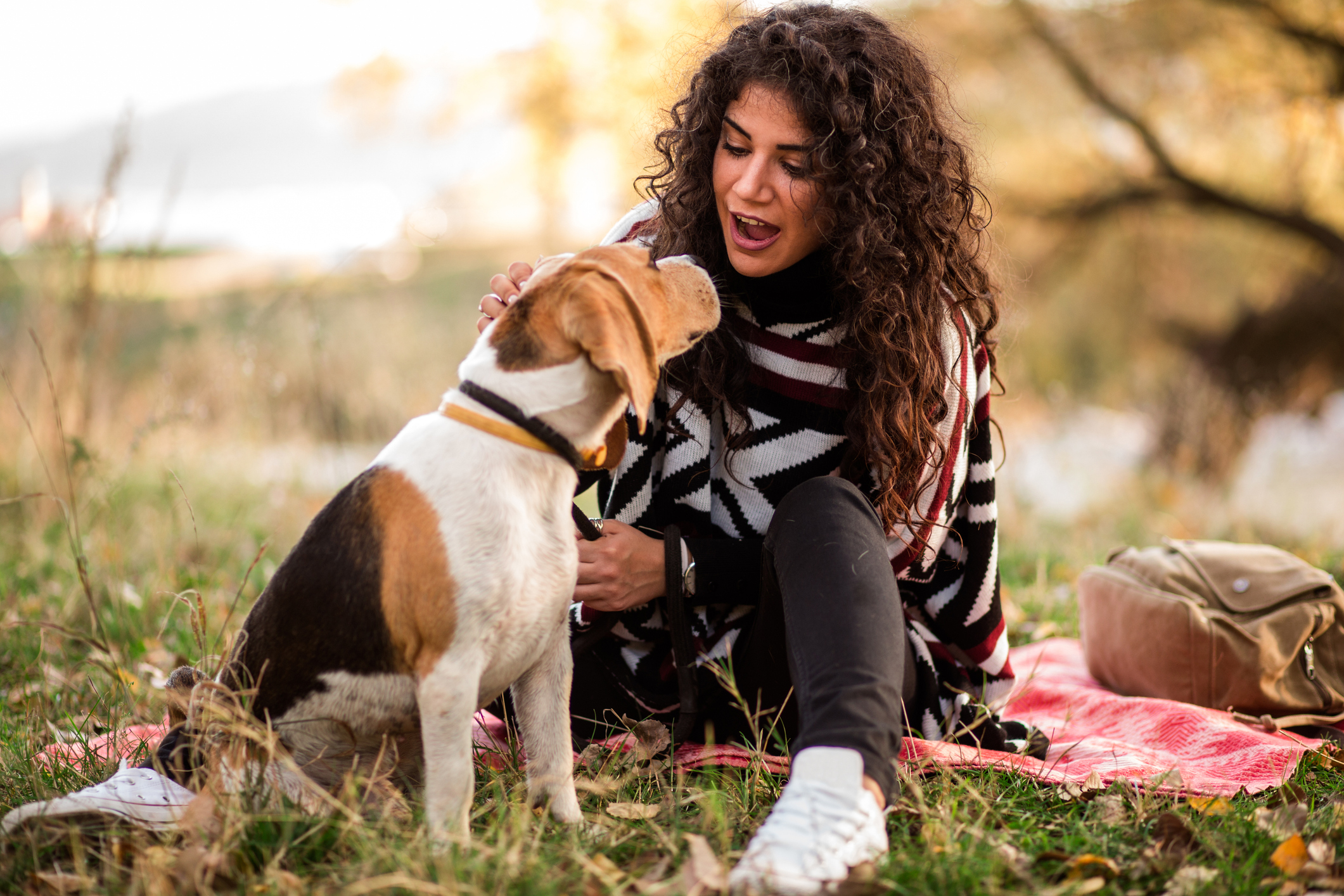Dogs Know When Humans are Lying to Them

You’d be surprised to know how much dogs notice when they are around you. They are constantly watching you, reading your behavior, and understanding gestures. This means that you are giving away more than you can imagine without realising or paying close attention to it.
According to some studies, dogs know when humans are lying to them. This is because they are intuitive, can pick up on cues, and read situations well enough to know when their masters are being deceptive. Based on these studies, dogs know when you have made an honest mistake as opposed to when you are downright lying and trying to manipulate them.
Dogs Can Read Cues and Gestures
Due to the way dogs have been domesticated, they have learned to communicate with humans unseen in any other group of animals. They have picked up on loads of human gestures; whether we refer to how they understand when we point our fingers towards something or make eye contact with them is truly incredible.
If you aren’t sure whether this is true for your dog, the easiest way to prove this theory is by getting your dog’s favorite treat and putting it in its reach. Watch what your dog does when you aren’t looking. If the treat remains untouched after some time, your dog understands that you haven’t given them permission to eat and hence, they are behaving themselves. Of course, if your dog eats the treat, you must train it to wait for your command.
Dogs are incredible that way; you can teach them different tricks and ways to react to various commands. You can say things like “roll” and “sit,” and your dog will obey you. This is because they understand humans and have learned to condition themselves in a certain manner.
Dogs Know when Humans are Lying to Them
It is a common fact that dogs know how to read humans. They observe our facial expressions and indicate what we are feeling, even if we aren’t fully aware of our emotions.
According to a study by Lucrezia Lonardo and her co-workers conducted at the University of Vienna, dogs understand when humans are lying and being manipulative.
Christa Leste-Lasserre published a summary of the study and based it on the idea that, unlike young children, dogs will not respond to you when they know you are lying. This study was published in New Scientist. In this, the researchers investigated if dogs could tell the difference between humans’ true and false intentions. Two hundred and sixty dogs were studied and were told to get food from some opaque baskets after a human misinformed them about the true location of the food.
First, the dogs had been trained to look for food in hidden bowls and to trust a stranger. During this time, the stranger who was the communicator in the study pointed to the bowl that had the food, looked at the dogs, and said, “this is good, this is very good.” Soon, the dogs started to trust him.
In another experiment, the dogs stood by as they watched someone else move the food from the previous bowl to the second bowl in two different scenarios. In the first scenario, the previous communicator was there and watched everything that was happening, so he was aware that the food had been moved from the first bowl. In the second situation, the communicator was not present and hence, did not witness the food switch.
The critical thing to notice in the above experiments, the real dog food bowl that the communicator had shown the dogs did not have anything present in it, and the dogs were aware that he had either seen the food being switched or had not seen it.
Results of the Experiment
When the study’s results were finally ready, they left everyone surprised. It was found that most of the dogs were able to understand that they had been manipulated.
Sixty-six percent of them trusted the original communicator who had told them where the food was. They were aware that the food had been switched.
The results of the experiment showed that dogs were definitely aware of when they were being lied to and who was telling them the truth. We can confidently say that most dogs, if not all, definitely know when humans are lying and when they make honest mistakes. We are not aware of how they can do this, but there is no question that dogs are intelligent animals.
For many years, it has been believed that wolves do not follow human cues or view them as instructions. Even though dogs belong to the same families as wolves, they can pick up on human body language and understand whether they can trust them or not. In fact, it is no wonder that family dogs are not easy to fool. They will not believe you if you point towards a treat incorrectly to show them where you have kept it. Instead, they will use their memory to find the treat.
Wrapping Up
Think back to all the times you tried to fool your dog by pretending to throw a ball but hiding it behind your back. Notice who your dog’s favorite person in the house is and see how trustworthy they are as people.
Dogs are incredibly loyal and intelligent creatures. Their loyalty lies towards their masters unconditionally. As more and more people discover the cognitive abilities and capabilities of dogs, they can help humans in practical situations requiring on-ground work, helping human-dog relationships prosper as both of them work together and solve mysteries!
